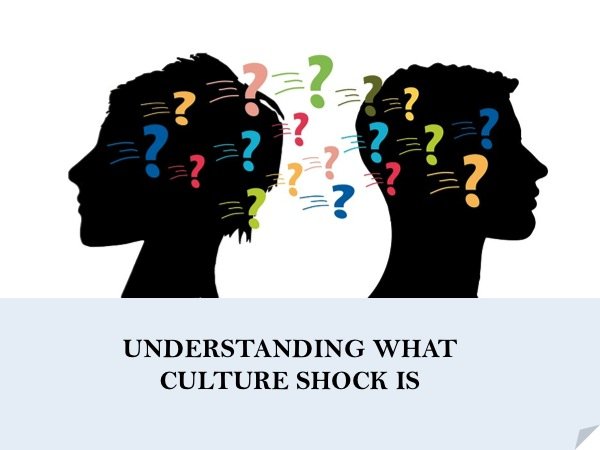
Understanding Culture Shock: A Global Perspective
In an increasingly interconnected world, cultural exchange and migration are at an all-time high. While these exchanges bring immense opportunities for growth and learning, they also present challenges—one of the most common being culture shock. This universal experience affects millions of people globally, from expatriates and international students to refugees and immigrants.
What Is Culture Shock?
Culture shock refers to the emotional and psychological disorientation experienced when adapting to a new cultural environment. This phenomenon typically unfolds in four stages:
Honeymoon Phase: The initial excitement and fascination with the new culture.
Frustration Phase: Disorientation sets in as individuals encounter language barriers, cultural misunderstandings, or homesickness.
Adjustment Phase: Gradual acclimatization as individuals learn to navigate and understand their new cultural setting.
Acceptance Phase: A sense of comfort and integration, where the new culture feels like home.
This process can take weeks, months, or even years, depending on the individual and their circumstances.
The Global Impact of Culture Shock
Across the globe, culture shock manifests in diverse ways based on the cultural distance between the host and home cultures, the reasons for migration, and the level of support available. Here are a few scenarios where culture shock is most prevalent:
Immigrants and Refugees:
Millions of people relocate each year for better opportunities, safety, or family reunification. Refugees, in particular, face abrupt cultural transitions, often compounded by trauma. The UNHCR reports that over 35 million refugees worldwide face not only the challenges of displacement but also the complexities of adapting to new cultural norms.
International Students:
Students studying abroad often find themselves balancing academic pressures with cultural adjustment. Reports indicate that 70% of international students experience some form of culture shock, particularly during their first year.
Expatriates:
Professionals moving abroad for work often experience culture shock in their personal and professional lives, as workplace cultures and social norms differ significantly across countries. Even seasoned travelers can struggle when the cultural shift is significant.
Tourists and Short-Term Travelers:
While less severe, short-term visitors often encounter mini culture shocks, especially when traveling to regions with vastly different customs, languages, and lifestyles.
Factors Influencing Culture Shock
Language Barriers:
Difficulty communicating in the local language is one of the most significant contributors to culture shock worldwide.
Cultural Distance:
The greater the difference between the home and host cultures, the more pronounced the shock. For example, a move from a collectivist culture (e.g., Japan) to an individualistic one (e.g., the U.S.) can be particularly challenging.
Support Systems:
Having access to a supportive community—whether family, friends, or cultural organizations—significantly eases the transition.
Length of Stay:
Those staying longer are more likely to experience the full cycle of culture shock, whereas short-term visitors may remain in the honeymoon phase.
Strategies to Overcome Culture Shock
While culture shock can be challenging, there are strategies to ease the adjustment process:
Learn the Language: Taking language classes or practicing with locals helps build confidence and fosters deeper connections.
Stay Open-Minded: Embracing differences and viewing them as learning opportunities reduces frustration.
Find a Support Network: Connecting with people from similar backgrounds or local communities provides comfort and guidance.
Educate Yourself: Learning about the host culture’s customs, traditions, and social norms before and during your stay can prepare you for the transition.
Practice Self-Care: Acknowledge that adjustment takes time. Prioritize mental and physical health throughout the process.
The Silver Lining of Culture Shock
Though difficult, culture shock is a catalyst for personal growth. It challenges individuals to step outside their comfort zones, fostering resilience, empathy, and adaptability. Many people find that the experience deepens their understanding of both the host culture and their own.
